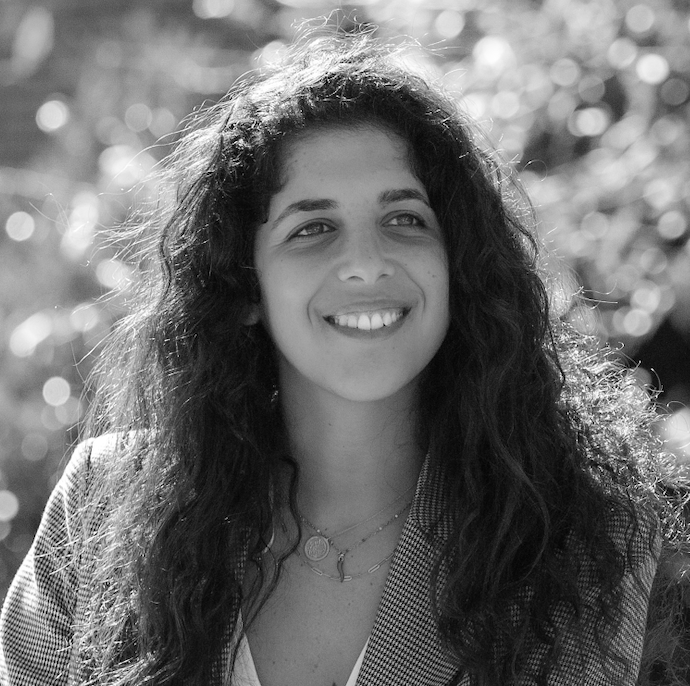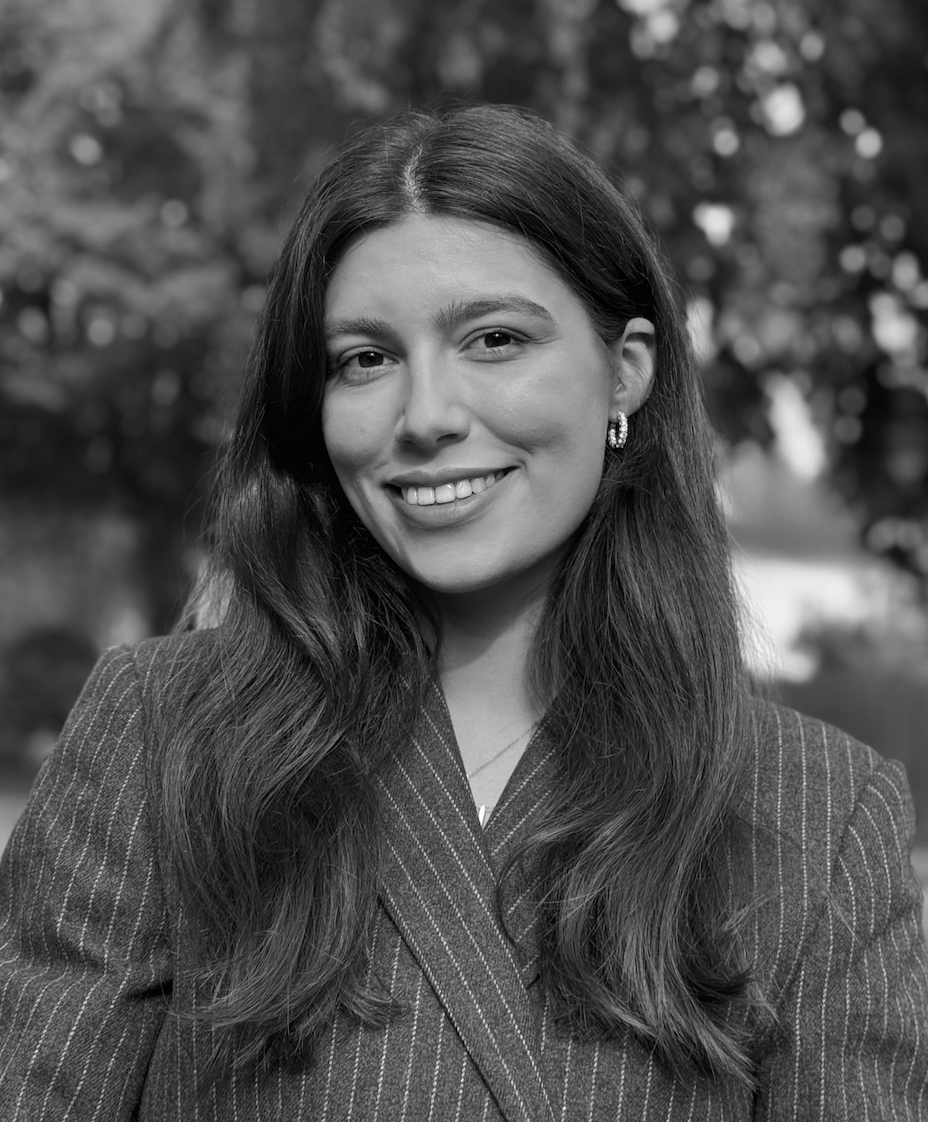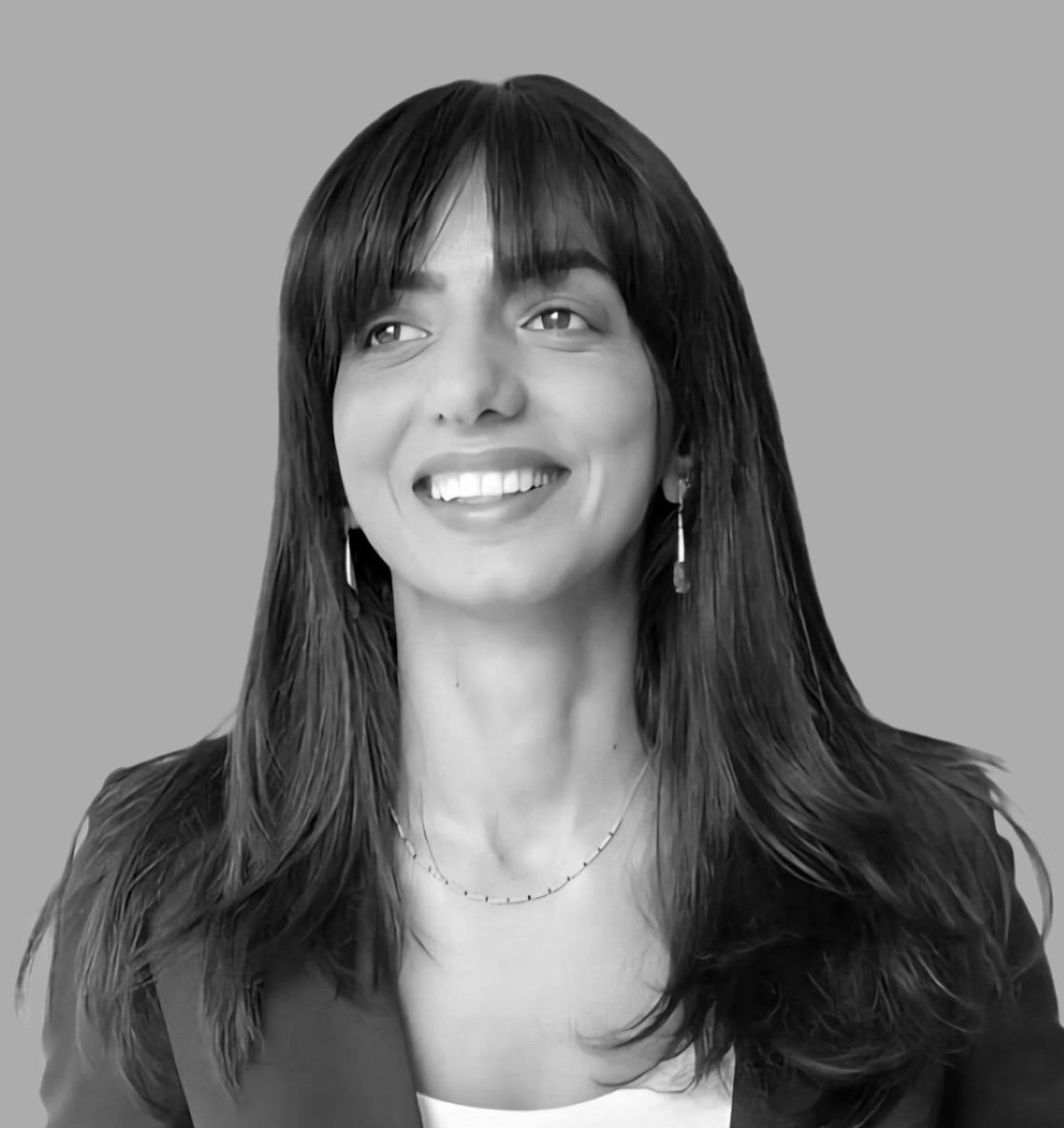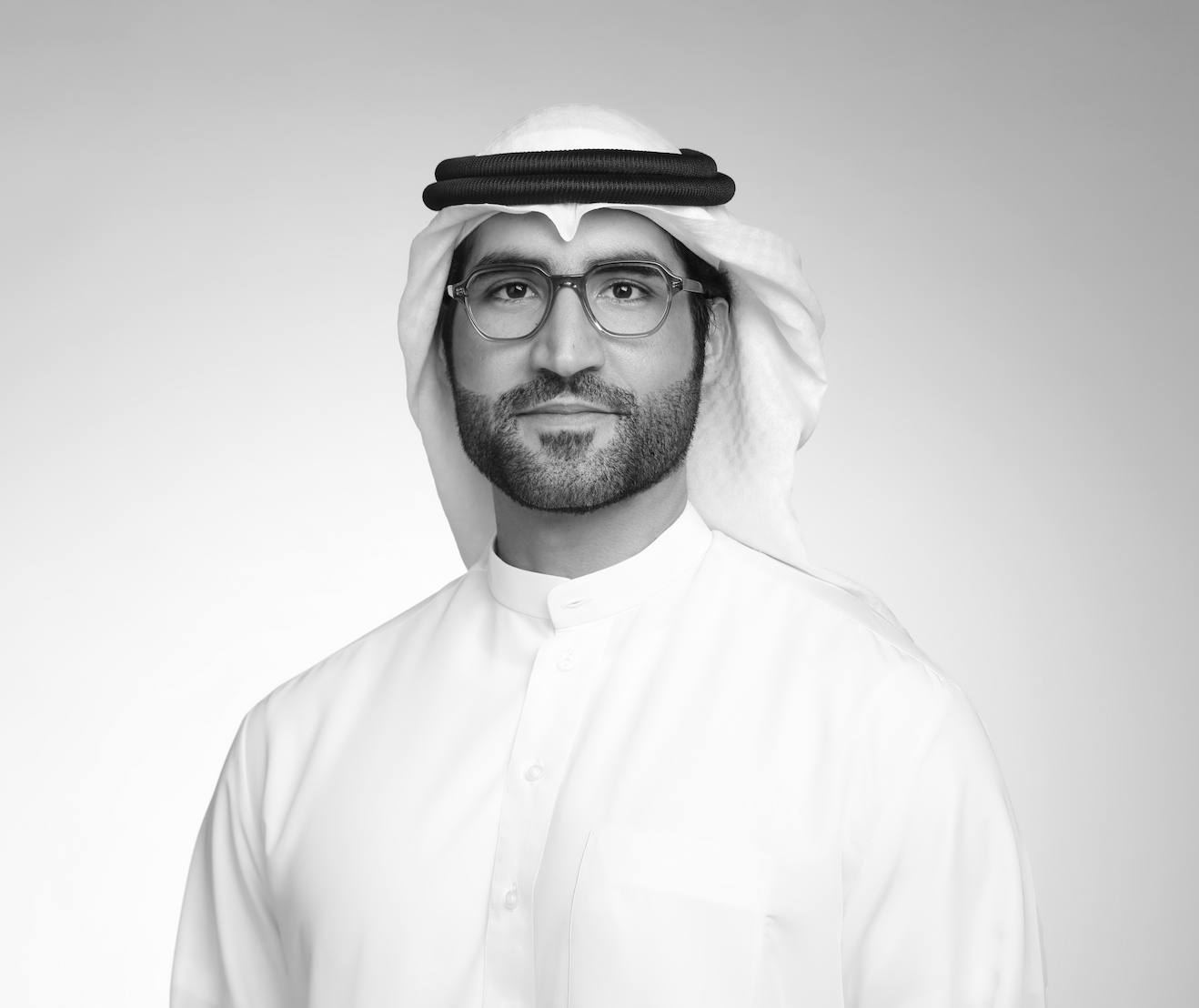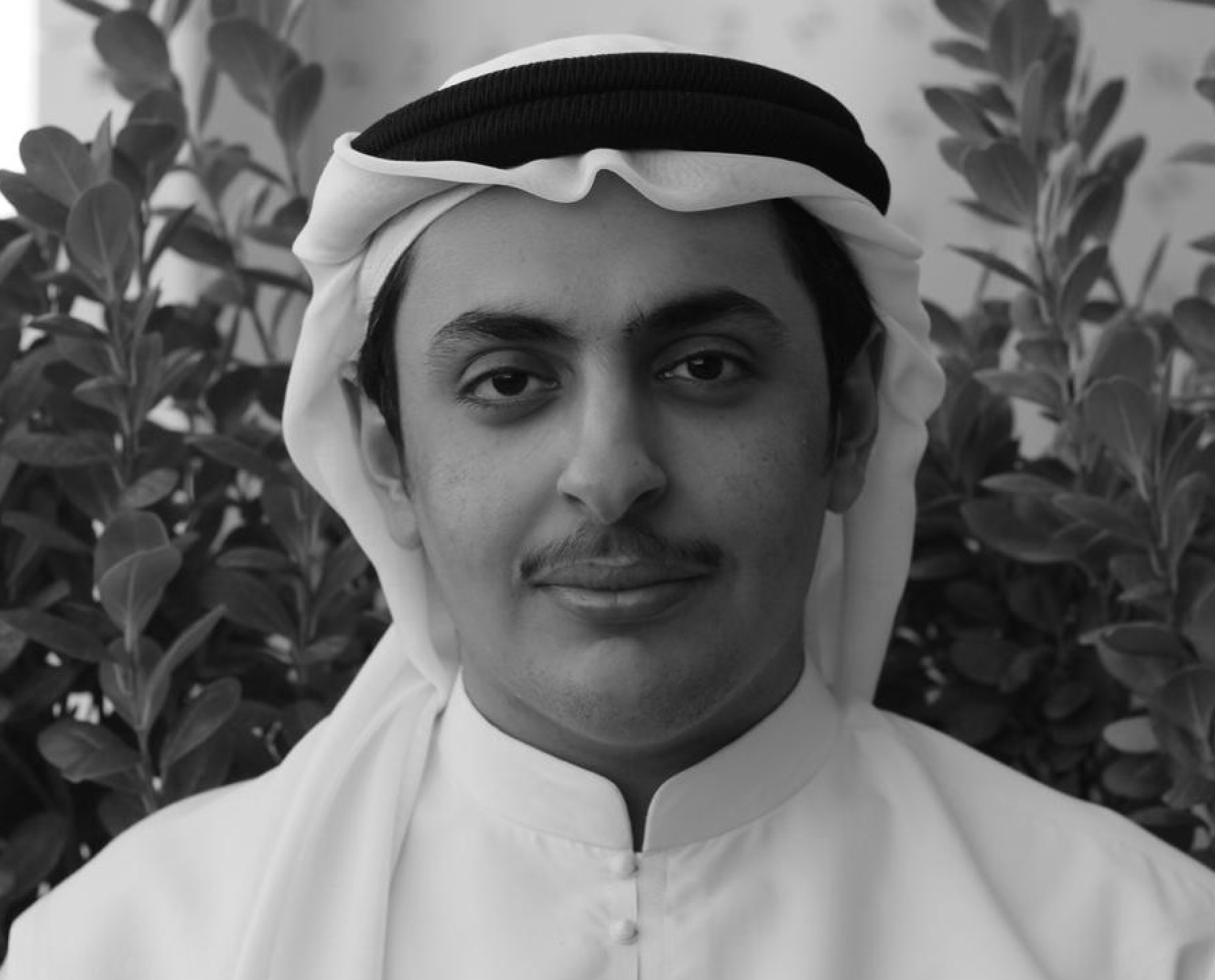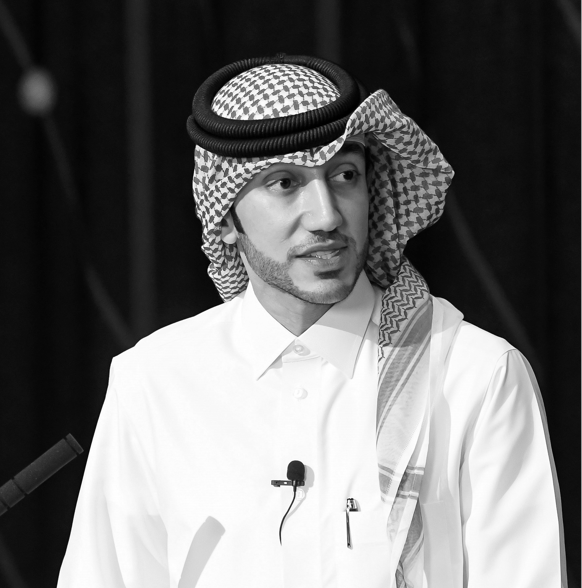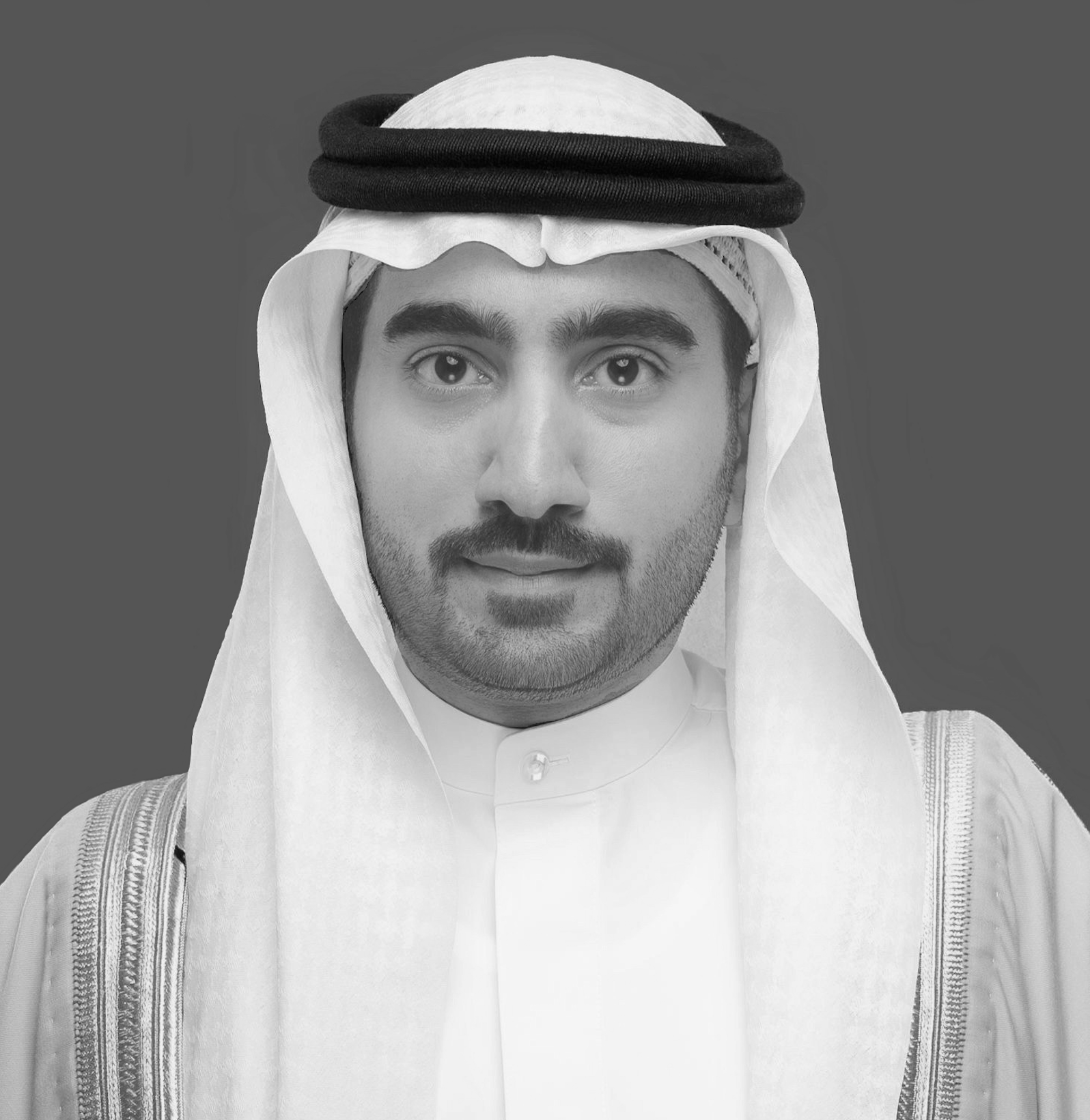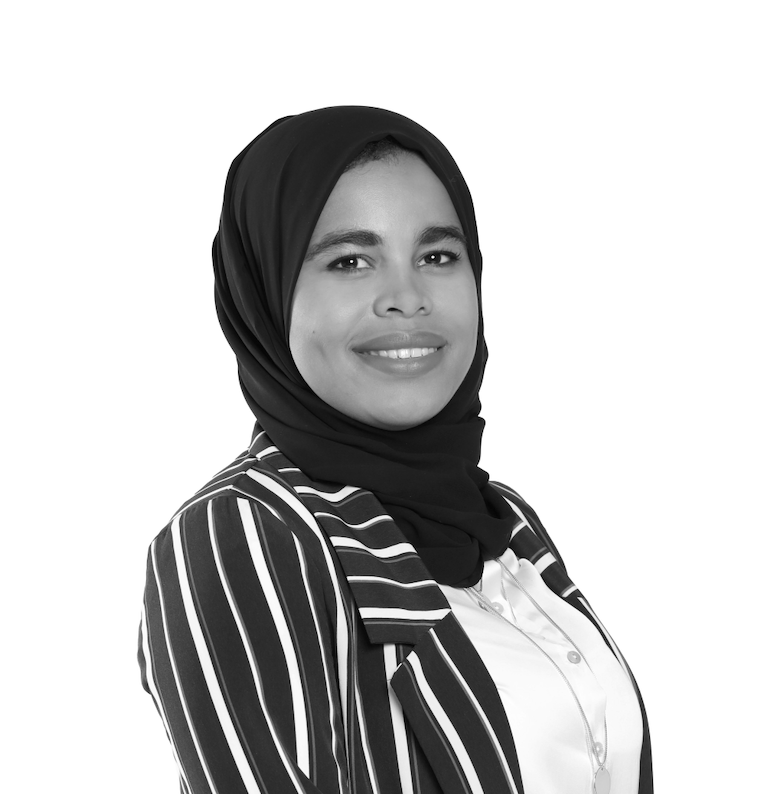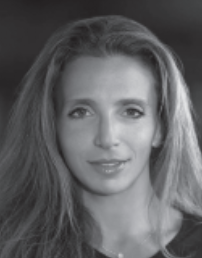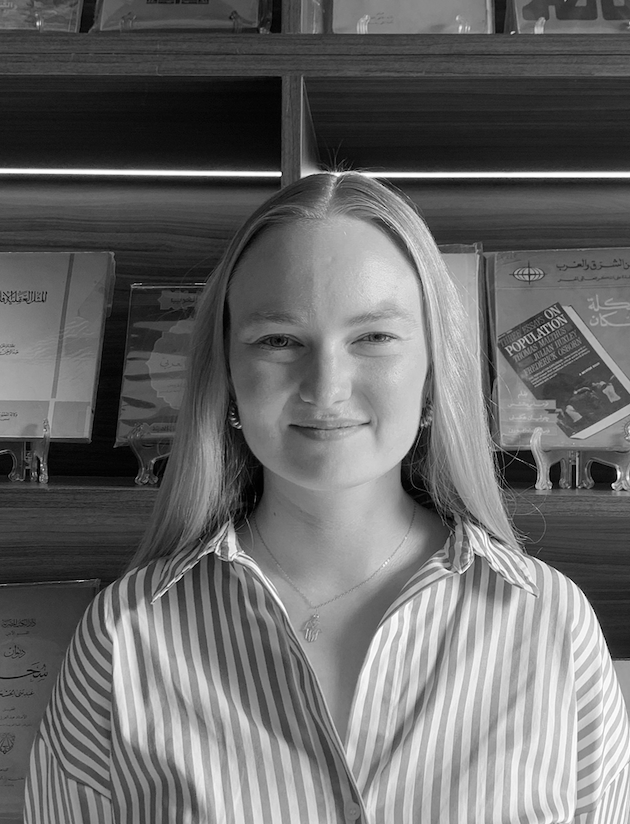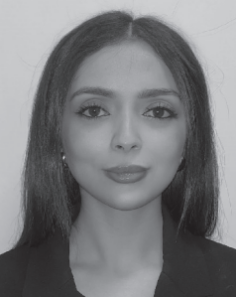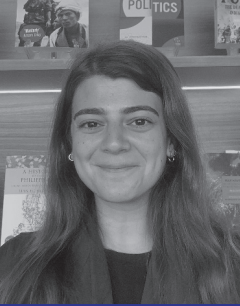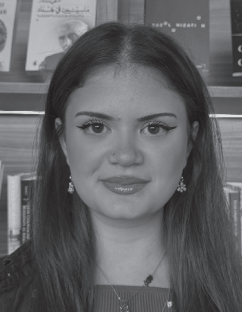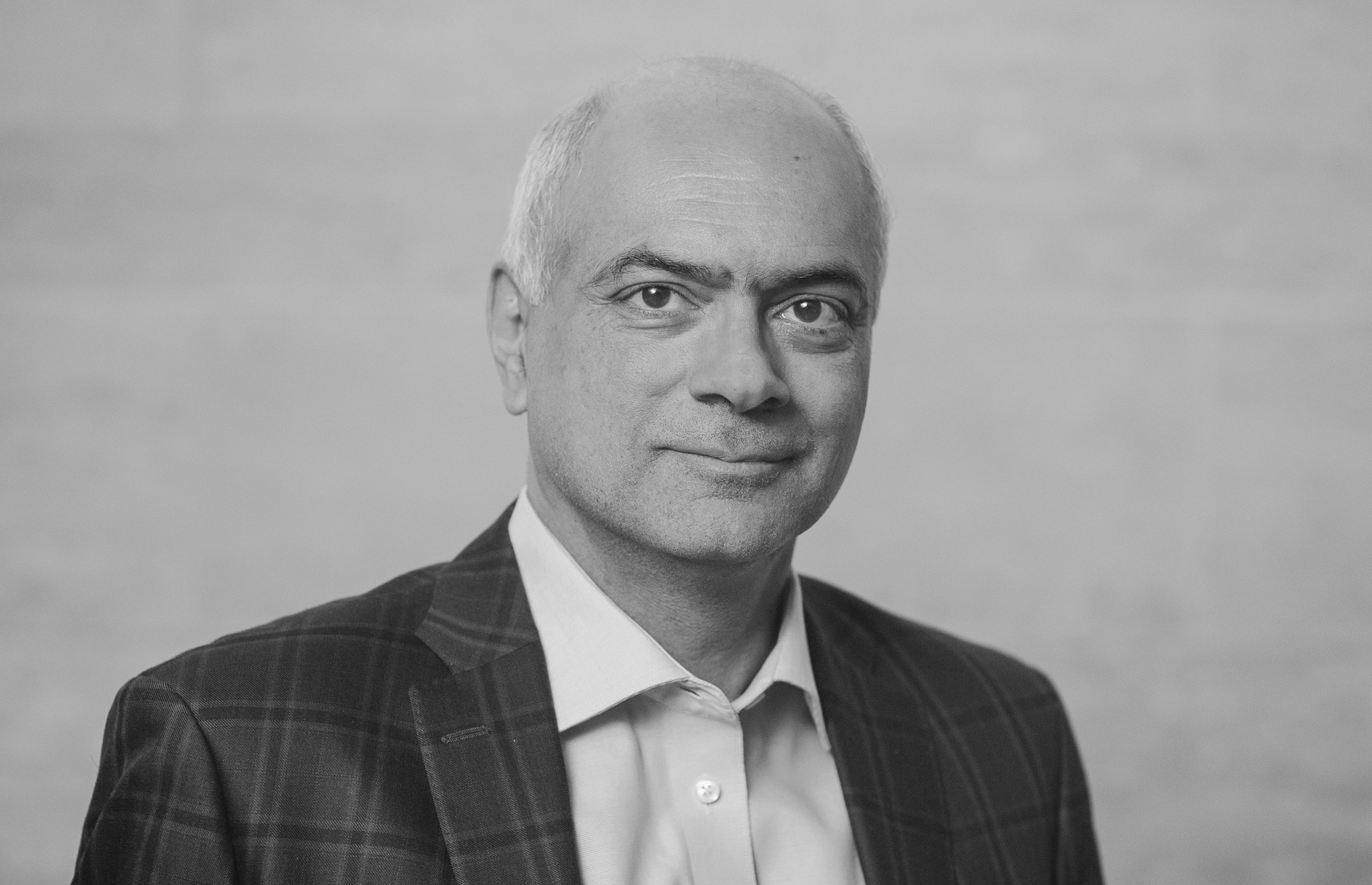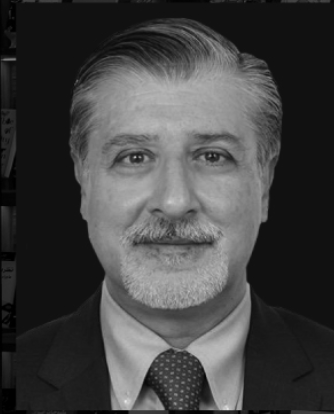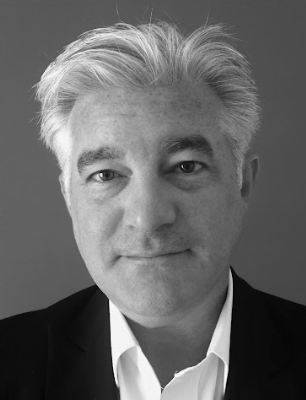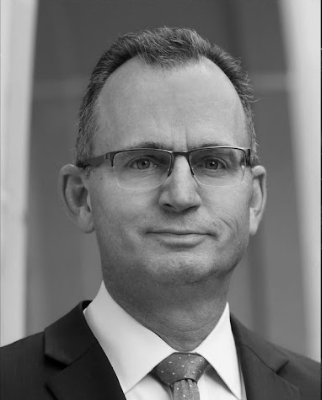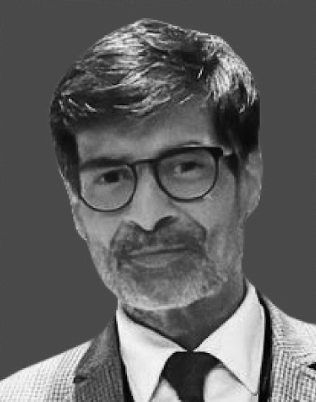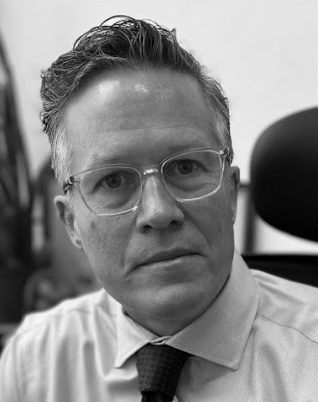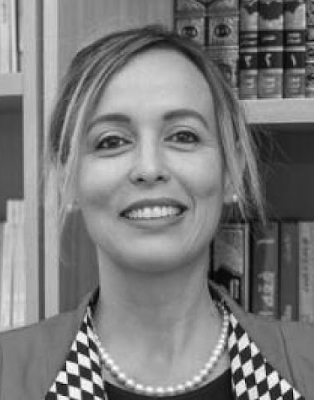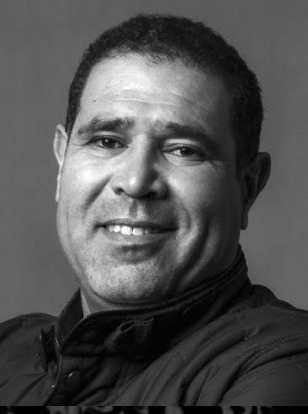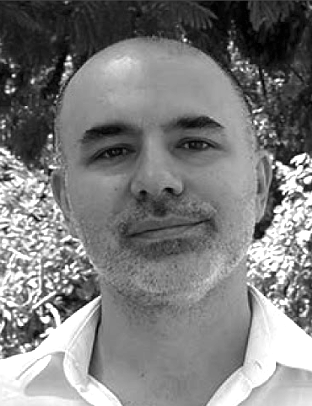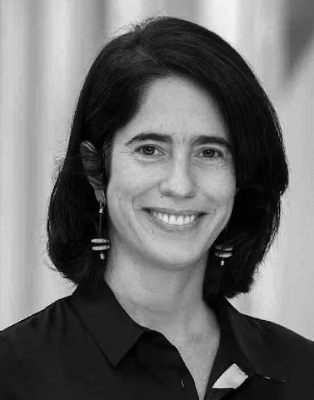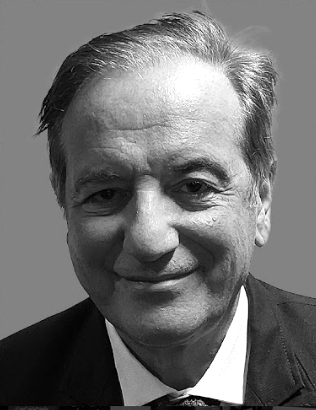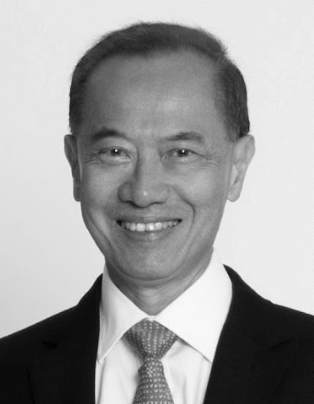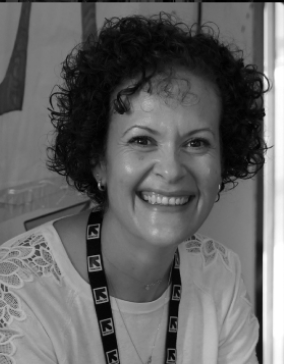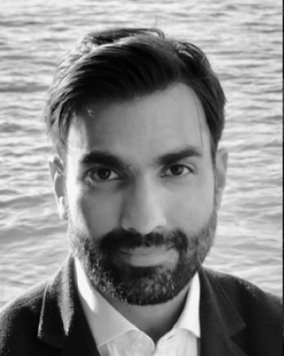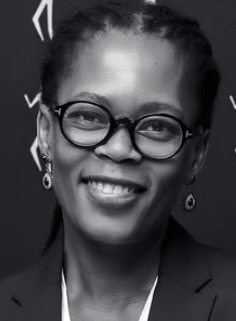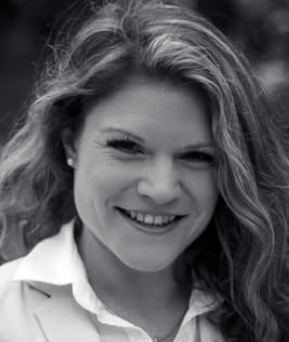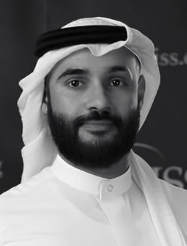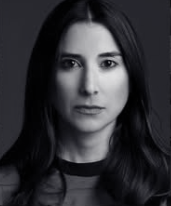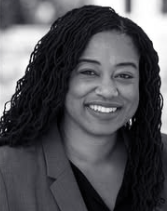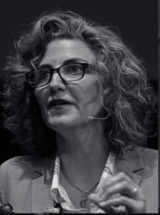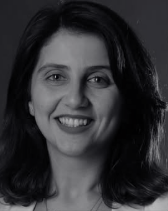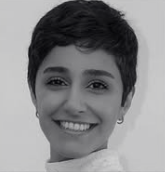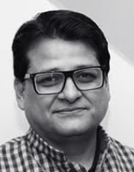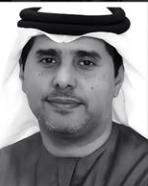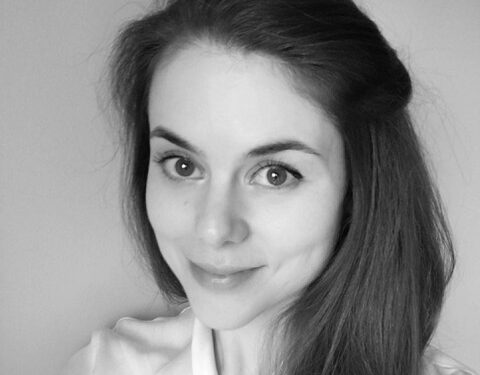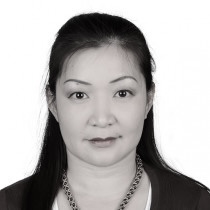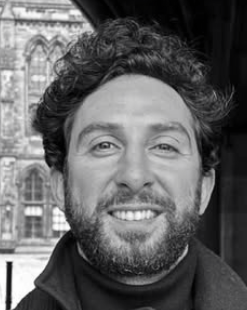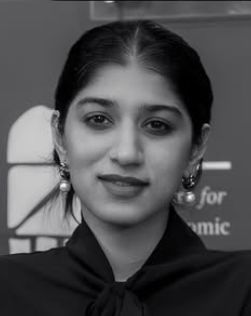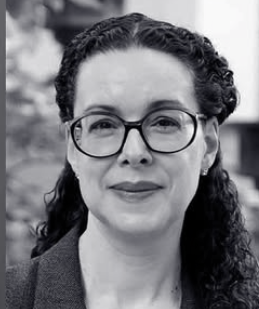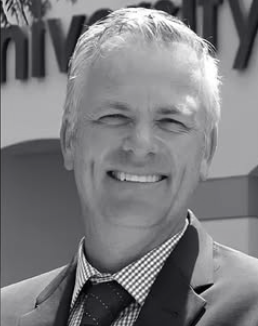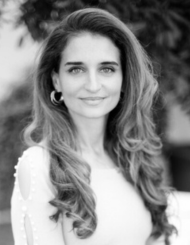Fellows
Hana Attia is Junior Professor of Security Policy and Peace at the Institute of Political Science at Leuphana University and a Research Fellow at the German Institute for Global and Area Studies (Institute for Middle East Studies). She holds a PhD from the Graduate School of the Social and Behavioural Sciences of the University of Konstanz, Germany. Prior to taking up her current position, Attia was a Postdoctoral Researcher at the University of Salzburg, a Research Fellow at the German Institute for Global and Area Studies and a guest lecturer at the University of Hamburg.
Sarah El-Abd is a Danish Lebanese researcher and a PhD candidate in International Relations at Sciences Po, Paris. Her research is centered on international law, multilateralism, peacekeeping, humanitarian action, and the Middle East. El-Abd holds an MSc in International Humanitarian Action from the University of York, an MSc in International Law and International Security from the University of Southern Denmark, and a BA in Political Studies from the American University of Beirut.
Shurouq Jaradat is a policy advisor and strategic communications expert with over a decade of experience in international diplomacy. She served as Senior Political Advisor and Speechwriter at the Permanent Mission of the United Arab Emirates to the United Nations, where she played a key role in shaping policy debates during the country’s tenure on the UN Security Council. She holds a Master’s in Global Affairs from New York University and is an alumna of the Sheikh Mohamed Bin Zayed Scholars Program.
Abdulla Khoory holds a Master’s in Education from Harvard University, and a Bachelor’s in International Affairs from Northeastern University. He is an Emirati entrepreneur and strategic advisor based in Dubai. He is the Co-founder of Two Point Five, a social innovation philanthropy advisory firm, and NAWA, Oracle’s exclusive global partner for government digitization. With a focus on philanthropy, technology, and international development, he champions initiatives that drive systemic change and build sustainable ecosystems across frontier economies.
Khalifa AlQaz is Head of Science & Technology Diplomacy at the UAE Ministry of Foreign Affairs, where his efforts are focused on maximizing the UAE’s access to critical & emerging technologies. Khalifa is currently pursuing a Master’s in International Policy at Stanford University, specializing in Cyber Policy & Security. He graduated summa cum laude in Political Science from the University of Colorado Boulder. Previously, Khalifa worked as a management consultant in Oliver Wyman.
Dr. Khalid Ali Al-Jufairi is a scholar of international politics whose academic inquiry ranges from foreign policy and national strategy to the rising global multipolarity and public policy. His latest book, The Centrality of Middle Class: Sociopolitical Resilience and Economic Stability, offers critical insights into the nexus of society’s challenges and statehood. Dr. Al-Jufairi’s work bridges global affairs with technological development and regional realities. Dr. Al-Jufairi teaches across leading universities in Qatar and abroad, including Georgetown University, and is also an Abshire-Inamori Fellow at the Center for Strategic and International Studies in Washington, DC.
Ahmed Buhejji is a current Bahraini diplomat and researcher with experience in bilateral and multilateral affairs. From 2018 to 2023, he served in the Minister’s office at Bahrain’s Ministry of Foreign Affairs, overseeing political affairs, speechwriting, public diplomacy, and contributing to policy planning and development. Ahmed holds an MA in International Relations from Queen Mary, University of London, and an MSc in Business Administration from DePaul University. His research interests include geopolitical foresight, nation-branding, Gulf Cooperation Council (GCC) foreign policy, and the intersection of energy markets and diplomacy.
Rumaitha Al Busaidi is a leading voice in Oman’s green hydrogen sector, work focuses on the Water, Energy, and Food (WEF) Nexus as a foreign policy and sustainability framework for the Gulf. In April 2025, she helped launch the world’s first liquid hydrogen corridor for Oman, alongside His Majesty the Sultan and the King of the Netherlands. A graduate of both the Harvard Kennedy School & the University of Oxford, she has been recognized by the BBC 100 Women list, Reuters Top 25 Women in Climate, & Fast Company’s Most Creative People in Business.
Dr. Naser Albreeky is a Senior Fellow at Fiker Institute. He is an Assistant Professor of Comparative Literature at Kuwait University. His research focuses on the cultural memory of Kuwait and the Arab Gulf (GCC), British imperial history, political poetry, theory of parody, and the reception of the Greco-Roman classics.
Mariam Elashmawy is an Egyptian researcher and a Ph.D. candidate in Arabic Studies at Freie Universität Berlin. Her research interests focus on print and manuscript culture, and the intellectual history of esotericism and and mysticism.
Ola Rifai is a Syrian researcher and Deputy Director for Outreach at the Center for Syrian Studies in the University of St. Andrews. Her research interests include identity, nationalism, and ethnic conflict in the contemporary Middle East. She received her Master of Philosophy in International Relations from the University of St. Andrews.
Munira Al Sayegh is an Emirati independent curator and cultural instigator based in Abu Dhabi, UAE. She is the founder of Dirwaza Curatorial Lab, a UAE based curatorial incubator and cultural advisory. She is a published author and prominent public voice in the region, highlighting the importance of grassroots initiatives, language, and narrative reclamation with regards to the Gulf.
Dahlia EL Zein is a Lebanese American researcher and a Ph.D. candidate in Middle Eastern and African History at the University of Pennsylvania.
Her research explores the intersections of race, gender, migration, and empire between the Eastern Mediterranean and West Africa in colonial and postcolonial contexts.
Marwan Alblooshi is an Emirati researcher and Ph.D. candidate in International Relations and Politics at Lancaster University. His research
interests focus on the foreign policy of the UAE, and the Middle Eastern regional order.
Contributors
Dr. Sonia Ben Jaafar currently serves as the CEO of the Abdulla Al Ghurair Foundation, one of the largest privately funded philanthropic education initiatives in the region. She is also a Chairperson of the Global Councils on the SDGs and holds a Ph.D. in Educational Leadership from the University of Toronto.
Bodour Al Qasimi is President of the International Publishers Association (IPA). A trailblazer in the global publishing scene, Al Qasimi is pushing IPA’s agenda on the freedom to publish and intellectual property rights. As CEO and founder of Kalimat Publishing Group, she has been an avid advocate of the role of books and literacy to enlighten children. She also chaired the committee of Sharjah World Book Capital 2019, an honor awarded by UNESCO.
Khalfan Belhoul is the Chief Executive Officer of the Dubai Future Foundation. Belhoul brings more than a decade of experience as a driving force in transforming businesses and organizations across both the government and private sectors in Dubai, contributing to the city’s economic diversification and growth.
Dr. Afra Atiq is an Emirati scholar, teaching artist, and award-winning poet whose research focuses on mapping the Arab literary ecosystem. She holds a Ph.D. in Media and Creative Industries from the United Arab Emirates University and is the founding member of Untitled Chapters, a collective of female Emirati writers.
Dr. Obaid Al Ketbi is an expert in homeland security and military affairs. He held numerous roles within the UAE Armed Forces throughout his career, and served as the UAE’s Ambassador Extraordinary and Plenipotentiary to Australia from 2015 to 2018.
Dima Issa is a Senior Lecturer of Mass Media and Communication at the University of Balamand in Lebanon. Her research has focused on the relationship to popular media among diasporic audiences.
Dima Nasser is a Ph.D. candidate in Comparative Literature at Brown University, working on the intersections of modern visual art and poetry in Beirut in the second half of the 20th century. She is also an academic and literary translator between Arabic and English, and the co-editor of the literary anthology, Arab Women Voice New Realities.
Joe Y. Batikh is a Ph.D. Candidate in Sustainability Management at the University of Waterloo in Canada, where his research focuses on climate change and global security. He is the Head of the Energy & Water Knowledge Hub at the International Committee of the Red Cross, and a visiting scholar at the American University of Sharjah in the UAE.
Dr. Shahd Alshammari is an Assistant Professor of Literature at the Gulf University for Science and Technology in Kuwait. She teaches English literature and short story writing, and her research focuses on disability studies and illness narratives.
Badr Jafar is an Emirati businessman, Founder of the Pearl Initiative, and Founding Patron of the Center for Strategic Philanthropy based at the University of Cambridge, and the Strategic Philanthropy Initiative based at NYU Abu Dhabi.
Manar Alhinai is the Editor-in-Chief of Sekka, a leading independent media company dedicated to art, culture, literature, and opinions from the Arab world. She is also the co-founding director of the Khaleeji Art Museum.
Sharifah Alhinai is the co-founding director of the Khaleeji Art Museum and the managing editor of Sekka. She is a graduate of The School of Oriental and African Studies, University of London, and the University of Oxford.
Tom J. Abi Samra is a Ph.D student in Near Eastern Studies at Princeton University, where he studies Arabic literature. An active translator, his work has appeared in various journals and magazines such as ArabLit Quarterly and Asymptote, among others. He holds an M.A. in Comparative Literature from Dartmouth College and a B.A. in Literature from New York University Abu Dhabi.
Salma Abdulkader is an M.A. student in Middle Eastern Studies at the University of Chicago. She holds a B.A. in Political Science and International Relations from the Dominican University of California. Salma’s research focuses on the relationship between colonial governance, early postcolonial state building, and Arab nationalism in North Africa.
Nada Ammagui is a writer, researcher, and analyst interested in contemporary art, culture, heritage, museums and museum education, anthropology, and digital humanities in the Gulf. She is currently pursuing a Master of Arts in Arab Studies at Georgetown University and is also a Research Associate at the Arab Gulf States Institute in Washington (AGSIW).
Mouadh Elarbi is a fourth-year student at Bard College Berlin, pursuing a Bachelor of Arts in Economics, Politics, and Social Thought. His research focuses on migration policy, civil society, and nation-building in Tunisia, as well as food and energy security in Southwest Asia and North Africa.
Manal Ataya is the Director-General of the Sharjah Museum Authority and Advisor for Museums to HH Sheikh Dr. Sultan Bin Mohammed Al Qasimi, Ruler of Sharjah. She is a museum professional with close to 20 years of senior executive experience in museum development, cultural heritage management, and cultural diplomacy. Ataya was awarded the Order of Art & Letters by the Republic of France in 2018 and and the Order of Merit from the Republic of Germany in 2022 for her contributions to culture.
Dr. Ida Zilio-Grandi is the Director of the Italian Cultural Institute in Abu Dhabi for the Italian Ministry of Foreign Affairs and International Cooperation. She holds a Ph.D. in ‘Studies on the Middle East and the Maghreb from the advent of Islam to the contemporary age’ at the University of Naples “L’Orientale.”
Sophie Mayuko Arni is a curator, editor, and founder of Global Art Daily where she oversees a digital publication on the art scenes of Dubai, Tokyo, and other cities. Sophie graduated with a B.A. in Art & Art History from New York University Abu Dhabi and graduated from the Graduate School of Global Arts at Tokyo University of the Arts.
Insun Woo is a writer, researcher, and current student at New York University Abu Dhabi (NYUAD), where she is pursuing a Bachelor of Arts in Art & Art History and a minor in Arabic. Her interest lies in contemporary art curation, arts education, and youth empowerment.
Luca Ceresani is a former non-resident fellow in Fiker Institute’s Europe Program. He is a master’s student in International Security Studies and holds a BA and MA in Middle East Studies. Luca formerly worked in the framework of EU Operation EUNAVFOR MED and Italy’s migration reception facilities.
Seo-Hee Hong is a writer, researcher, and student at New York University Abu Dhabi, currently pursuing a Bachelor of Arts in Economics and a minor in Creative Writing. Her research uses historical and comparative institutional analysis to explore how colonization shaped past and current patterns of environmental degradation in former colonies.
Spyridon Litsas is a Professor of International Relations Theory at the University of Macedonia in Greece and a Professor of Homeland Security at Rabdan Academy in the United Arab Emirates. He is currently writing his new book about Smart States theory and the United Arab Emirates.
Jeyhun Alizade is a Ph.D. candidate in Politics at Princeton University. His research focuses on how crime and immigration affect party strategy and elections in advanced democracies. He holds a B.A. and an M.A. in Political Science from Freie Universität Berlin.
Kilian Wirthwein Vega is a former nonresident fellow at Fiker Institute’s Europe Program. He is also a consultant covering EU politics at Teneo. He holds an MSc in Conflict Studies from the London School of Economics and an MSc in Global Governance and Diplomacy from the University of Oxford.
Salila Kulshreshtha is a visiting Assistant Professor of History and Art and Art History at New York University Abu Dhabi. She is the author of “From Temple to Museum: Colonial Collection and Uma Mahesvara Icon in Middle Ganga Valley” and co-editor of “The Routledge Handbook of the Hindu Temple: Materiality, Social History and Practice.”
Aseel AlYaqoub is an artist, researcher, and writer based in Kuwait. Her work explores the interplay between geographic identities, collective memories, and sociopolitical hierarchies. She holds an M.F.A from Pratt Institute, New York, and a B.A. from Chelsea College of Art and Design in London.
Lara Arafeh is a Brooklyn-based independent art curator and researcher. She is the director of the NY Cultural Majlis. Her work focuses on contemporary art and decolonial feminist theory. Lara is a graduate of Central Saint Martins London and received her masters from Sotheby’s Institute London.
Juliana Khalaf Salhab is a Beirut-based specialist in Modern and Contemporary Middle Eastern and Islamic Art and currently serves as the co-director of the Beirut Museum of Art (BEMA). She co-founded BAKS Art Advisory in 2014, a regional arts consulting firm specializing in art institution and collection management.
Maie F. El-Hage is an architect, art historian, journalist, and curator. She holds a Master of Arts degree in Art History and Theory from the University of Essex (UK). Her research and publications cover contemporary artists and art exhibitions, and she has reported from Beirut, Dubai, New York, and Istanbul.
Nour Asalia is a Syrian artist, writer and researcher, who holds a doctorate in Aesthetics of Plastic Arts from the University of Paris VIII. She is the main researcher in the project of Modern Art Syria Archive by the Atassi Foundation, and co-editor of the journal published by the Foundation. She also cooperates with the Mathaf (Arab Museum of Modern Art in Qatar) within the framework of the Encyclopedia.
Rend Beiruti is a writer, researcher, and urbanist. She holds a BA in Middle Eastern Studies and Theater from NYU Abu Dhabi and an MSc in Urban Development Planning from The Bartlett, University College London. Her research interests include the social, cultural, and urban development histories of the Middle East.
Dr. Hiyem Cheurfa is an Assistant Professor of Comparative Literature and Postcolonial Studies based in Algeria. She is also a Fulbright Scholar at the American University in Washington, DC. She holds a PhD from Lancaster University, UK, and is an Associate Fellow of the UK Higher Education Academy. Her first book, Contemporary Arab Women’s Life Writing and the Politics of Resistance (Edinburgh University Press, 2023), won the British Association for Contemporary Literary Studies Monograph Prize in 2023.
Dr. Khawla Almarri is an Emirati cultural researcher and writer based in Doha. Her academic interests include the history of the Arabian Gulf and its cultural heritage and identity. Dr. Khawla Almarri is the author of Heroes and Villains: A Conversation Between Evil and Good in the Middle East (2019) and Interview with a Collector: A Closer Look at Qatari Collectors and Their Stories (2021), which was sponsored by the National Museum of Qatar.
Nicole Hamouche is a consultant, a journalist and a writer, interested in art and culture, intercultural dialogue, human centered, social impact and sustainable development initiatives. Nicole graduated from Institut d’Etudes Politiques de Paris and Paris Dauphine. Passionate about literature and creative writing, she was distinguished by the Forum des Femmes de la Mediterranée short stories competition sponsored by UNESCO and by Radio France International.
Serra Okumus is a former Senior Editor and Researcher at Fiker Institute.
Pamela Tannous is a former Senior Editor and Researcher at Fiker Institute. She holds a B.A. in International Relations and an M.A. in Political Science, and has previous experience in the humanitarian sector.
Leila-Maria Faddoul is a former Senior Editor & Researcher at Fiker Institute. She holds a Bachelor of Law and an M.A. in International Affairs, and has previous experience in the field of security.
Youstina Magdy is a former Research Associate at Fiker Institute, who is passionate about international development. She holds a Master’s in Public Policy from the American University in Cairo and a Bachelor’s in Political Science from the British University in Egypt. Youstina has previously worked with governmental entities, civil society organizations, and research centers in Egypt and the United States.
Sarah Afaneh is a former Research Analyst at Fiker Institute. She obtained a Bachelor of Arts in Social Research and Public Policy from NYU Abu Dhabi, with a double major in Literature and Creative Writing and a minor in Political Science. Sarah is interested in decolonizing knowledge production, with a focus on governance, migration, and the formation of sociocultural movements in West Asia and North Africa.
Rand Shubair is a Research Analyst at Fiker Institute. She holds a B.A. in International Studies with a focus in Economics from the American University of Sharjah. She has co-authored a report in collaboration with the World Governments Summit on the role of the Global South in global governance. Her research interests include international security, public policy, and Middle East affairs.
Miriam Aitken is a Research Associate and the Editorial Lead at Fiker Institute. She holds an MPhil in Modern Middle Eastern Studies from the University of Oxford, an MA in Human Rights and Humanitarian Action from Sciences Po Paris, and a BA in International Relations from King’s College London. She has experience working across academia and think tanks and has published on conflict, migration, and social movements.
Farah El Abbady is a Research Analyst at Fiker Institute. She holds a B.A.(Hons) in International Studies with a double minor in Women’s Studies and Philosophy from the American University of Sharjah. Her research interests include foreign policy, gender equality, global governance, and moral philosophy.
Ala Laureen Twini is an International Affairs Researcher at Fiker Institute. She holds an International Master’s in Security, Intelligence, and Strategic Studies from the University of Glasgow, the University of Trento, and Charles University, as well as a BA in International Relations from the Lebanese American University. Her research interests include international security, migration, neocolonialism, and identity politics.
Fikayo Akeredolu is a PhD candidate in Politics at the University of Oxford, where her research explores how countries like Nigeria navigate energy transitions, climate finance, and global partnerships — with a particular focus on Africa–China relations. Her work investigates the political choices shaping sustainable systems in complex, resource-rich settings. She is also a 2025 Africa Fellow at the World Bank, contributing to initiatives on climate finance mobilization. Prior to academia, Fikayo worked across China, Europe, the Middle East, and Africa in finance and technology, leading projects on data platforms, financial innovation, and capital market reform.
Dr. Dalal Iriqat is Associate Professor of Diplomacy and Strategic Thinking at the Arab American University Palestine (AAUP). She is a weekly columnist at Al Quds Newspaper. Dalal was identified as a World Economic Forum Young Global Leader. She is the Founding President of Business & Professional Women Network BPW Palestine and serves as Padico Holding board member. Dalal has a Ph.D. in Public Administration from Paris I Sorbonne, a master’s degree in Diplomatic Studies from Westminster University in London, and a bachelor’s degree in political science from the University of Jordan. Her research focuses on diplomacy, nation branding, Palestinian state building, coercive diplomacy, public diplomacy, soft power, and mediation and conflict resolution.
Namat Abulebada is a Research Associate at Fiker Institute. She holds an MA in Middle Eastern Studies as well as a BA in History from the American University in Cairo. She has published on conflict, migration, and defense. Her research interests include international security, migration, and foreign policy.
Yasmeen Jaber is a Research Associate at Fiker Institute. She holds an MSc in Political Science: Conflict Studies and Comparative Politics from the London School of Economics and Politics, and a BA in Sociology and Social Policy from the University of Nottingham. She has held research positions across projects on migration, transnationalism, and asylum seeking.
Rohinton P. Medhora is Professor of Practice at the Institute for the Study of International Development at McGill University, Montreal, Canada and a former president of the Centre for International Governance Innovation in Waterloo, Canada where he remains a Distinguished Fellow. Previously, he was vice president of programs at Canada’s International Development Research Centre. Rohinton received his doctorate in economics in 1988 from the University of Toronto, where he subsequently taught. He sits on the board of several organizations including the academic board of the WTO Chairs Programme. His fields of expertise are international economic relations, innovation policy, and development economics.
Guest Lecturers
Tom Fletcher CMG is the Principal of Hertford College, Oxford University. He is a former UK Ambassador, Visiting Professor at New York University, and No 10 Foreign Policy Adviser.
Dr. Kupchan is Professor of International Affairs in the School of Foreign Service and Government Department at Georgetown University, and Senior Fellow at the Council on Foreign Relations.
Harold James, the Claude and Lore Kelly Professor in European Studies at Princeton University, is Professor of History and International Affairs at the Woodrow Wilson School, and an associate at the Bendheim Center for Finance.
Alice Hill is the David M. Rubenstein senior fellow for energy and the environment at the Council on Foreign Relations. Her work at CFR focuses on the risks, consequences, and responses associated with climate change.
Sultan Sooud Al Qassemi is an Emirati columnist and researcher on social, political and cultural affairs in the Arab Gulf States. He is the Founder of Barjeel Art Foundation.
Joseph Sassoon is Professor of History and Political Economy at Georgetown’s Center for Contemporary Arab Studies and holds the al-Sabah Chair in Politics and Political Economy of the Arab World. He is also a Senior Associate Member at St Antony’s College, Oxford.
Georgi Derluguian has been a Professor of Social Research at the New York University in Abu Dhabi since 2011. He has worked at various universities in the United States and Europe: Binghamton, Cornell, Bordeaux, Michigan, and Northwestern.
Farid Al-Salim is an Associate Professor of Middle East and Global Studies at the American University in Dubai (AUD). He specializes in the contemporary history and politics of the Middle East and the wider Islamic world.
Adam Ramey is an Associate Professor of Political Science and Director of the Computational Social Science Lab at New York University Abu Dhabi. His research primarily focuses on exploring the impact of legislators’ ideologies and personalities on their behavior.
Dr. Rana Tomaira is a lecturer and research scientist in the Social Science division at NYU Abu Dhabi. She holds a Ph.D. in City and Regional Planning, and a Master’s degree in Architecture, both from the University of California at Berkeley.
Dr. Karin von Hippel is the Director-General of the UK’s Royal United Services Institute (RUSI), a defense and security think tank headquartered in London. She is a renowned strategist in international and diplomatic affairs, having previously worked for the United Nations and the European Union in Somalia and Kosovo.
Dr. Shareefa Abdullah Al-Adwani is an Associate Professor of Political Science at the Department of International Relations at the American University of Kuwait (AUK). She also serves as Department Chair of the Department of International Relations and the Department of Social and Behavioral Sciences
Dr. Layla AlAmmar is an Assistant Professor of English Literature at the American University of Kuwait. She earned a PhD in Arab women’s fiction and literary trauma theory. She has written for The Guardian, LitHub, the Times Literary Supplement, ArabLit Quarterly, The New Arab, GQ Middle East, New Lines Magazine, and The Markaz Review.
Martin Puchner is the Byron and Anita Wien Professor of English and Comparative Literature at Harvard University. His prize-winning books and anthologies range from philosophy to the arts. He is a member of the European Academy and has received numerous awards, including a Guggenheim Fellowship, a Cullman Fellowship, the Berlin Prize, the Humboldt Prize, and the Massachusetts Book Award.
HE Adnan Amin is the Chief Executive Officer of COP28. As an international official and development economist specializing in sustainable development, HE Adnan led a distinguished career at the United Nations and international organizations for over 20 years. He also served as the founding Director-General of the International Renewable Energy Agency (IRENA) from 2011 to 2019, leading the organization to become the authoritative voice of renewable energy and a leading player in the global energy transition.
Dr. Jonathan Fulton is an Associate Professor of Political Science in the College of Humanities and Social Sciences at Zayed University in Abu Dhabi, and a nonresident senior fellow for Middle East Programs and the Scowcroft Middle East Security Initiative at the Atlantic Council. An expert on Chinese policy towards the Middle East, he has written widely on topics of both academic and popular publications.
Dr. Paul Salem is the Vice President for International Engagement at the Middle East Institute (MEI). He previously served as MEI’s President and CEO. His research focuses on issues of political change, transition, and conflict as well as the regional and international relations of the Middle East. He is a frequent commentator on US and international media and is the author and editor of a number of books and reports.
Dr. Samir Saran is President of the Observer Research Foundation (ORF), India’s premier think tank, headquartered in New Delhi with affiliates in North America and the Middle East. His research focuses on issues of global governance, clime and energy policy, technology policy, and India’s foreign policy. He curates the Raisina Dialogue, India’s annual flagship platform on geopolitics and geo-economics, and is founder of CyFy, India’s annual conference on cybersecurity and internet governance.
Dr. Brendon J. Cannon is Assistant Professor of International Security at Khalifa University, Abu Dhabi, UAE. He earned a Ph.D. in Political Science from the University of Utah, USA (2009). His research is at the nexus of international relations, security studies, and geopolitics.
Boutheina Khaldi is a Professor of Arabic and comparative literature at the American University of Sharjah. She holds a PhD (double major) in Comparative Literature and Middle Eastern Studies from Indiana University, Bloomington (USA).
Dr. Ahmed Kabel is Associate Professor at the School of Humanities and Social Sciences at the Al Akhawayn University. Working at the intersection of the humanities and social sciences, he has published on the politics and sociology of language, minorities, neoliberalism, global linguistic coloniality, decolonial human rights, and decolonization.
Dr. Arda Güçler is Associate Professor of Political Science at the American University in Dubai. Previously, he worked as an Assistant Professor at Özyeğin University in Istanbul and as an Adjunct Professor of Social Research and Public Policy at New York University Abu Dhabi (NYUAD). His research interests are at the intersection of history of political thought, politics of representation, contemporary democratic theory, Orientalism, and nationalism.
Dr. Cristina Buarque de Hollanda is a Research Fellow and Adjunct Associate Professor of Political Science at New York University Abu Dhabi (NYUAD). Her research focuses on the interplay between Human Rights, Transitional Justice, and how societies produce, negotiate and dispute their collective memories of past authoritarian regimes, with a recent emphasis on Truth and Reconciliation Commissions and amnesty laws in the Global South.
Zaki Laïdi is a professor at Sciences Po and previously served as the Special Advisor to Josep Borell, High Representative of the European Union for Foreign Affairs and Security from 2020-2024.
HE George Yeo is the former Minister of Foreign Affairs of Singapore. He is the author of the book “George Yeo: Selected Musings”.
Su’ad Jarbawi is the Middle East and North Africa Regional Vice President at the International Rescue Committee (IRC). Jarbawi joined the IRC in 2020. Prior, she worked with Mercy Corps and served in various positions across Iraq, Yemen, Mali, Central African Republic, Iraq, Syria, Haiti, and Sudan. In 2007, she returned to her home country, Palestine, where she advised on municipal development projects and subsequently served in the Prime Minister’s Office.
Dr. Samir Puri is the Director of Chatham House’s Centre for Global Governance and Security. He previously worked for the Foreign Office (2009-15) including a year seconded to a ceasefire monitoring mission in Ukraine. He was subsequently a lecturer in War Studies at King’s College London (2015-2018), during which time he also served as an adivsor to the Commonwealth Secretariat and to the Ministry of Defence’s think tank DCDC.
Professor Sarah Mosoetsa is the Chief Executive Officer of the Human Sciences Research Council (HSRC) in South Africa, interim chairperson of the South African BRICS Think Tank and a member of the BRICS Think Tank Council.
Dr. Annette Idler is Associate Professor in Global Security and Director of Oxford University’s Blavatnik School of Government. In addition to her role at the School, Dr. Annette Idler is the Director of the Global Security Programme at Oxford’s Pembroke College. Dr Idler is Principal Investigator of the Conflict Platform Project and of CONPEACE and has authored and edited various books.
Dr. Hasan Alhasan is a Senior Fellow for Middle East Policy at the IISS. He has over a decade of experience as a scholar and practitioner of foreign policy in the Gulf region. He specializes in the Arab Gulf states’ grand strategies, economic statecraft, and relations with Asian powers.
Kamra Ekmekji is a Mediation Advisor with UN Women. She is also a Senior Policy Fellow at the Issam Fares Institute for Public Policy at the American University of Beirut. Prior to this she was the International Affairs and Relations Advisor to former Prime Minister of Lebanon Saad Hariri.
Dr. Naima Green-Riley is an Assistant Professor in the Department of Politics and at the School of Public and International Affairs at Princeton University. She is also a Nonresident Fellow with the Atlantic Council’s Digital Forensic Research Lab. Naima specializes in Chinese foreign policy and has authored various publications.
Salma Nims is an International Development consultant for UNDP and UN Women. She previously served as the Secretary-General of the Jordanian National Commission for Women (JNCW) from 2014 – 2022.
Karine Ghazzoui is a lawyer and researcher who previously served as a Consultant with the United Nations Economic and Social Commission for Western Asia (ESCWA).
Dr. Nourah Shuaibi is an Assistant Professor at Kuwait University (KU) and is the Head of the University’s Women’s Research and Studies Center. Shuaibi is also a nonresident fellow at the Middle East Council on Global Affairs.
Professor Harsh V. Pant is Vice President – Studies and Foreign Policy at Observer Research Foundation, New Delhi. He is also a Visiting Professor at the King’s College London India Institute and Honorary Director of the Delhi School of Transnational Affairs, University of Delhi.
Mohammed Baharoon is the Director General of the Dubai Public Policy Research Center (b’huth). He formerly worked as a reporter for “Al Arabi” Magazine and Al Ittihad newspaper, and then as an editor for Gulf Defence Magazine.
Anastasia Kantzelis is an Australian-qualified lawyer specialising in international environmental and natural resources law. She was a state party delegate to the United Nations Framework Convention on Climate Change (UNFCCC) Conference of the Parties (COP21) in 2015.
Dr Li-Chen Sim is an Assistant Professor at Khalifa University. She holds a PhD in Politics from Oxford University and specializes in the political economy of Gulf and Russian energy and its intersection with domestic politics as well as international relations.
Dr Ivano Alogna is the Senior Research Fellow in Environmental and Climate Change Law at the British Institute of International and Comparative Law (BIICL) in London, where he leads the Institute’s program in this field. He is also a Senior Associate Scientist at the Euro-Mediterranean Center on Climate Change (CMCC Foundation).
Mannat Jaspal is the Director & Fellow – Climate and Energy at ORF Middle East, responsible for expanding the research center to support innovative, impactful, and policy-related efforts in the region and beyond. Previously, Mannat was part of the Geoeconomics Studies Programme at ORF New Delhi.
Maja Groff is an international lawyer based in The Hague, where she teaches at the Hague Academy of International Law. Since late 2019, she has served as Convenor of the Climate Governance Commission and Co-Chair of the Coordinating Committee for the International Anti-Corruption Court (IACC), as well as the Canadian Task Force Against Global Corruption. She is also Senior Treaty Advisor to Integrity Initiatives International, supporting the development of the IACC.
Andrew Mackenzie is a senior lecturer specialising in Marketing and Innovation at Middlesex University Dubai with over 20 years’ experience in education and training. As head of ISD, his role focuses on environmental management and sustainability with a focus on ESG strategy.
Sara Hamdan, a recipient of the ELF Seddiqi First Chapter Writers’ Fellowship, is a Dubai-based writer whose work has appeared in The New York Times, Forbes, and Conde Nast Traveller.
